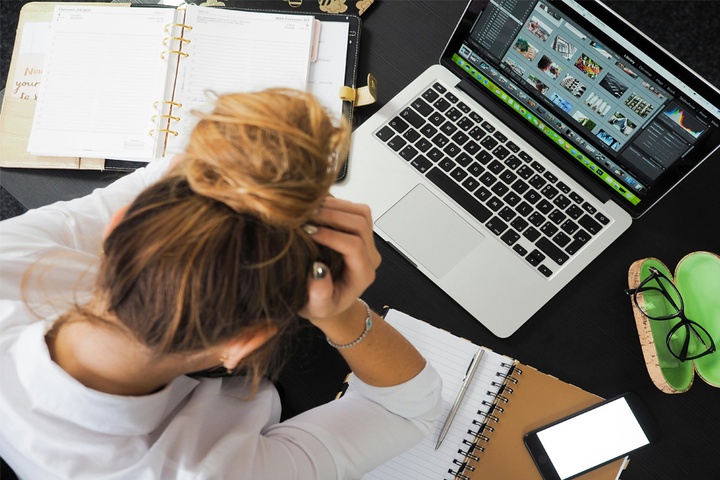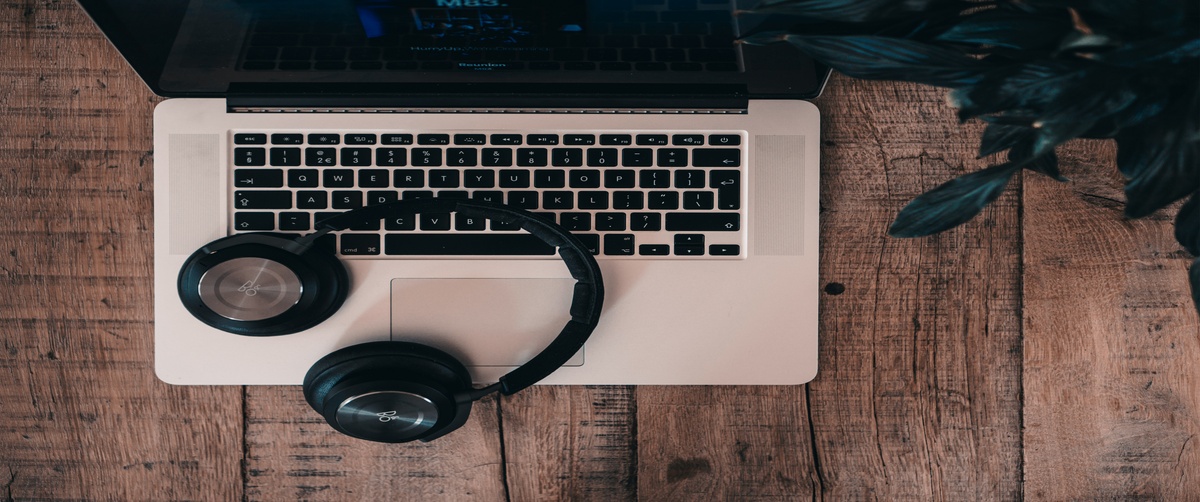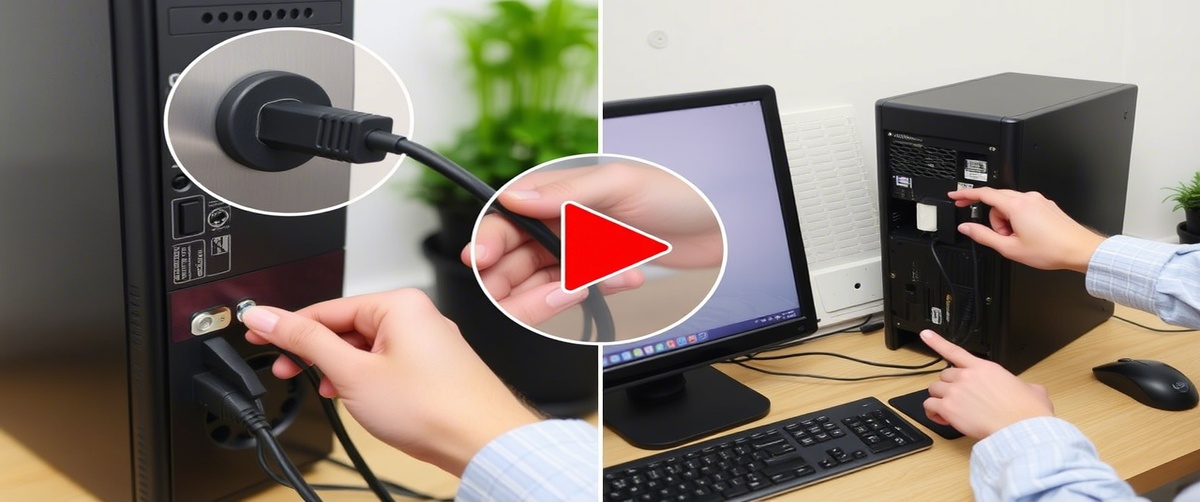Dealing with an overheated laptop can be annoying whether your uses for it are pleasure, gaming, or business. Not only does overheating compromise performance but it also runs the danger of destroying internal components. From blocked air vents to heavy work, a number of elements lead to heat generation. This guide will lead you through typical causes and sensible thermal management techniques to keep your laptop cool.
Common Causes of Laptop Overheating

Knowing the major causes of laptop heat problems can enable efficient troubleshooting.
- Dust buildup blocked air vents
- Malfunctioning dry thermal paste or cooling fans
- Unreasonably high CPU/GPU load for demanding work
- Bad laptop placement on soft surfaces obstructing airflow
- ageing or defective battery producing more than necessary heat
Step-by-Step Guide to Prevent Laptop Overheating

Use a Cooling Pad
One good item to lower laptop temperature is a cooling pad. It features built-in fans that give extra airflow to help to control the laptop’s temperature. Investing in a cooling pad is a smart idea if you routinely use your laptop for gaming or video editing.
Clean the Vents and Fans
Heat trapped in vents and cooling fans can cause overheating of laptops. Use pressurised air to clean vents from dust.
- (If at all feasible) open the laptop and wash the fan blades.
- Make sure the laptop’s exhaust vents are unhindered.
Optimize Power Settings
Laptops create extra heat and consume more power for high-performance jobs. Changing power values helps to lower heat problems:
- Activate system settings’ power-saving mode.
- While doing light chores, lower processing performance.
- Limit background programs running excessively on CPU power.
Apply Fresh Thermal Paste
The thermal paste used to move heat from the CPU and GPU to the heatsink dries up with time, therefore lowering its efficiency. Reapplying fresh thermal paste enhances thermal control and helps stop overheating laptop issues.
Avoid Using Laptops on Soft Surfaces
Soft surfaces restrict airflow, therefore raising the warmth in mattresses and cushions. Use a cooling pad or always set your laptop on a hard, flat surface to prevent heat problems.
Keep Your Laptop in a Cool Environment
Moreover influencing thermal management is ambient temperature. Your laptop will overheat more quickly in a hot surroundings.
- Use your laptop in a well-ventilated or air-conditioned area to help to prevent this.
- Steer clear of spending long stretches of time in the sunlight.
Update Drivers and BIOS
Laptop manufacturers release firmware updates to enhance cooling performance. Updating your system regularly ensures optimized cooling and prevents heat issues.
Limit Heavy Usage & External Peripherals
Excessive multitasking, gaming, or running demanding software continuously causes laptops to overheat. To reduce the workload:
- Close unused applications running in the background.
- Avoid overcharging your battery, as it generates excess heat.
- Disconnect unnecessary USB devices that might add power consumption.
When to Seek Professional Help

If your overheating laptop still struggles despite applying these solutions, it might indicate a deeper hardware issue. You may need professional help to:
- Replace a failing cooling fan or battery.
- Repair motherboard overheating problems.
- Upgrade internal components to enhance thermal management.
Managing heat issues is essential to prolong your laptop’s lifespan and performance. By regularly cleaning vents, using a cooling pad, optimizing power settings, and maintaining good thermal management, you can prevent an overheating laptop.
If you need expert assistance, TechNow, a suitable provider of the suitable IT support services in Germany, offers specialized solutions to diagnose and fix laptop overheating problems. Keep your device running smoothly with professional support from TechNow.



